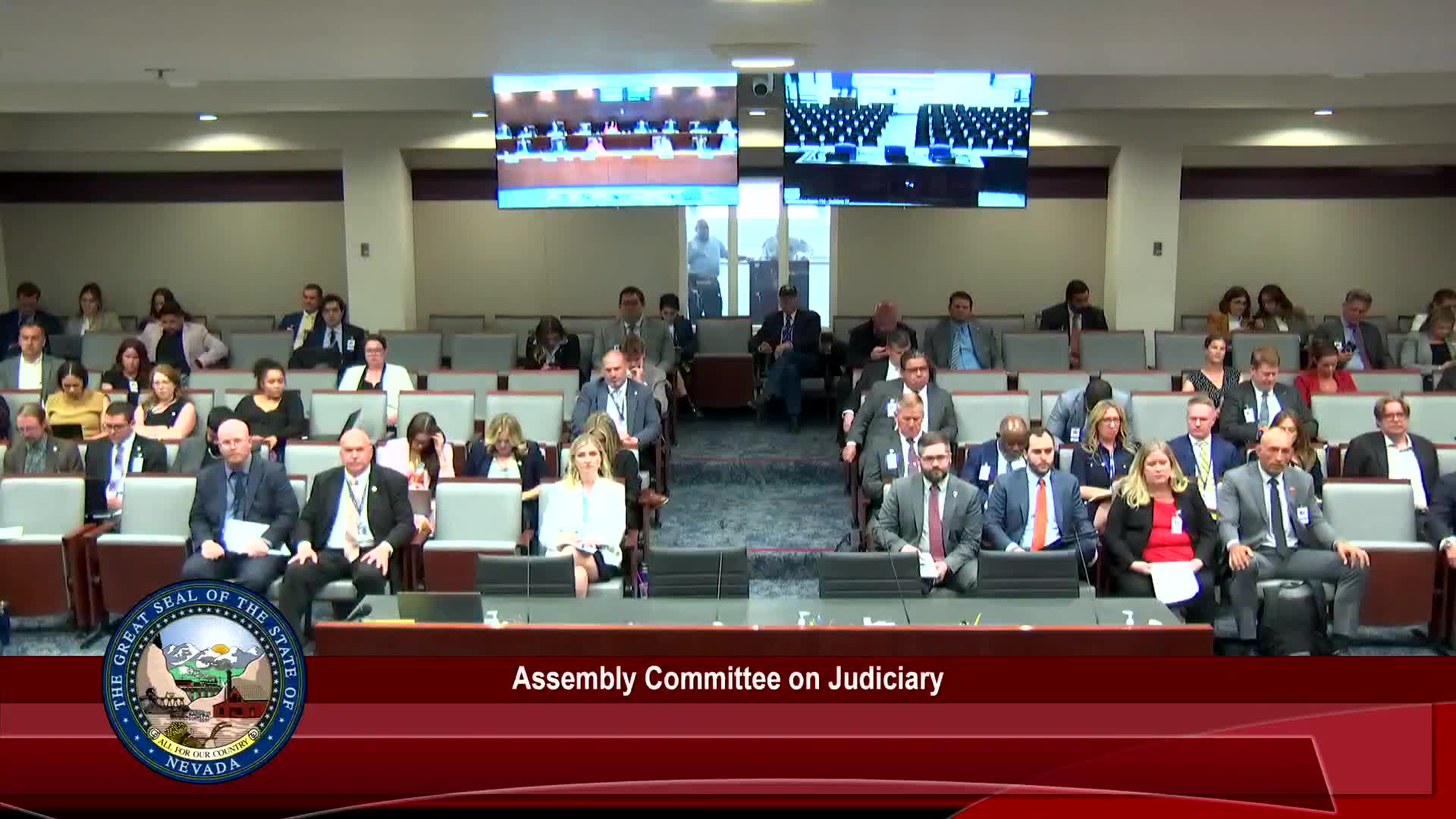Article not found
This article is no longer available. But don't worry—we've gathered other articles that discuss the same topic.
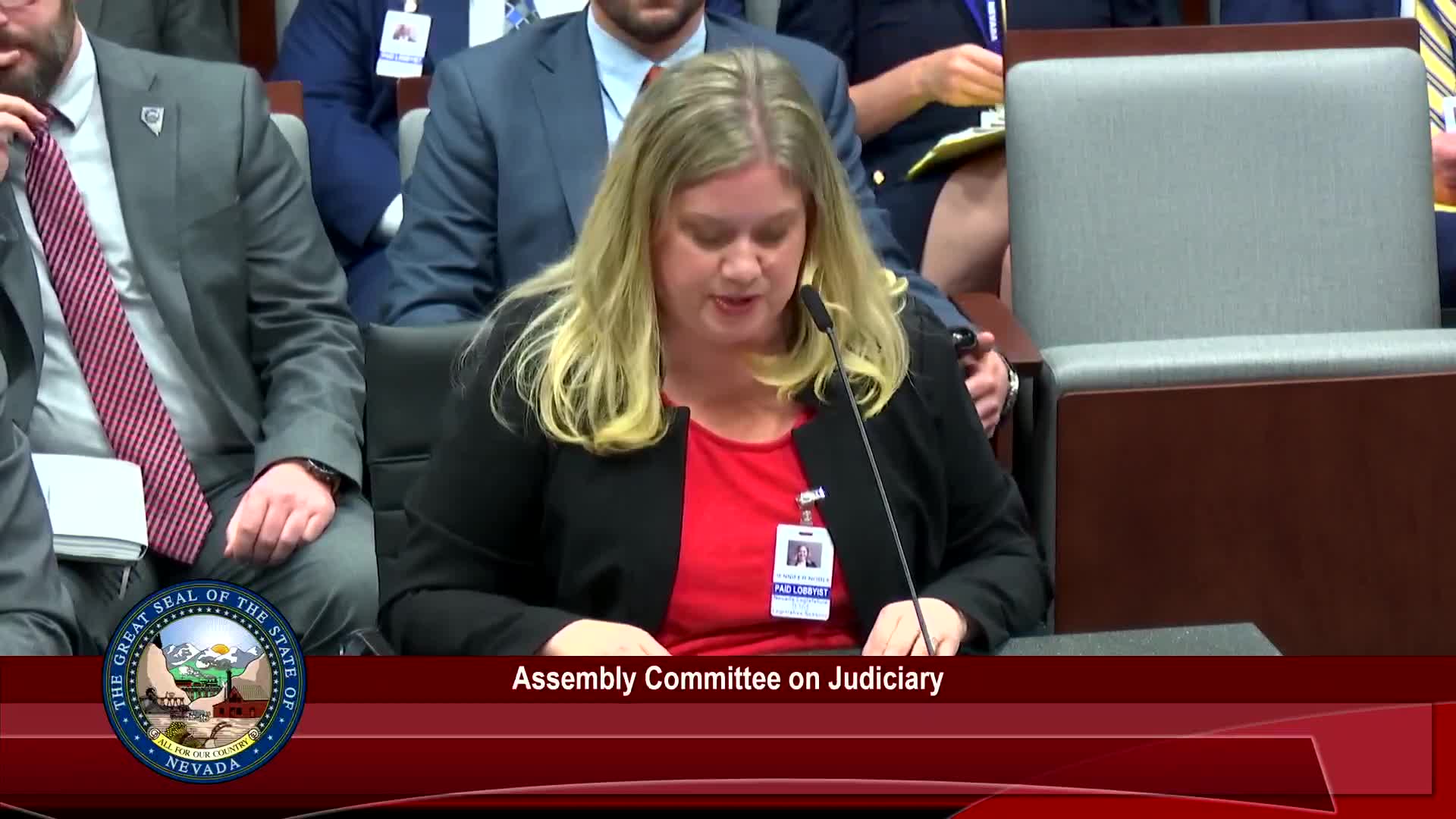
SB457 sets quick compliance hearings for court‑ordered gun surrender; defense warns warrant-based language raises constitutional problems
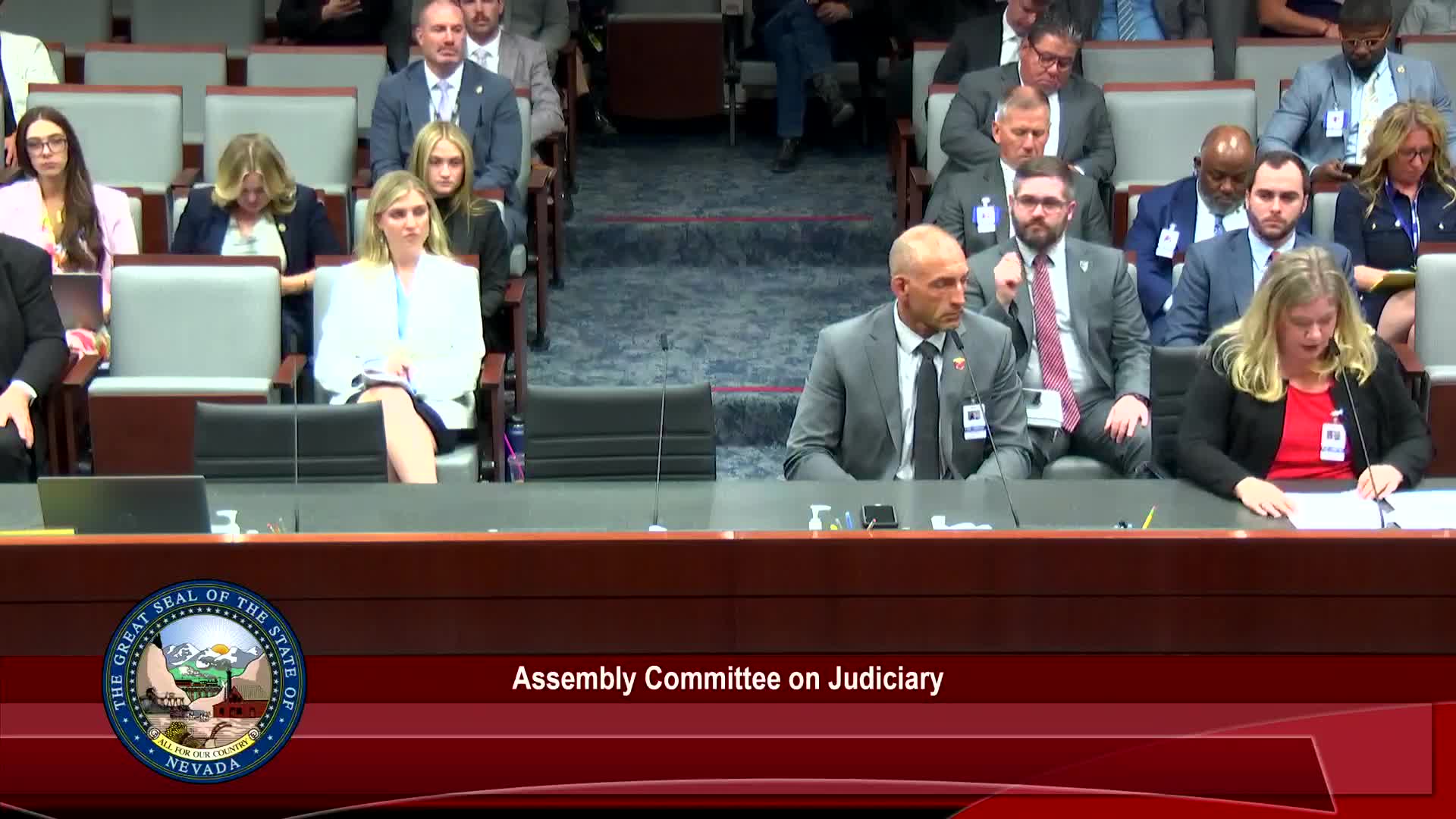
SB457 would narrow automatic sealing for child/elder abuse, prioritize restitution, and exclude holidays from 48‑hour prompt bail clock
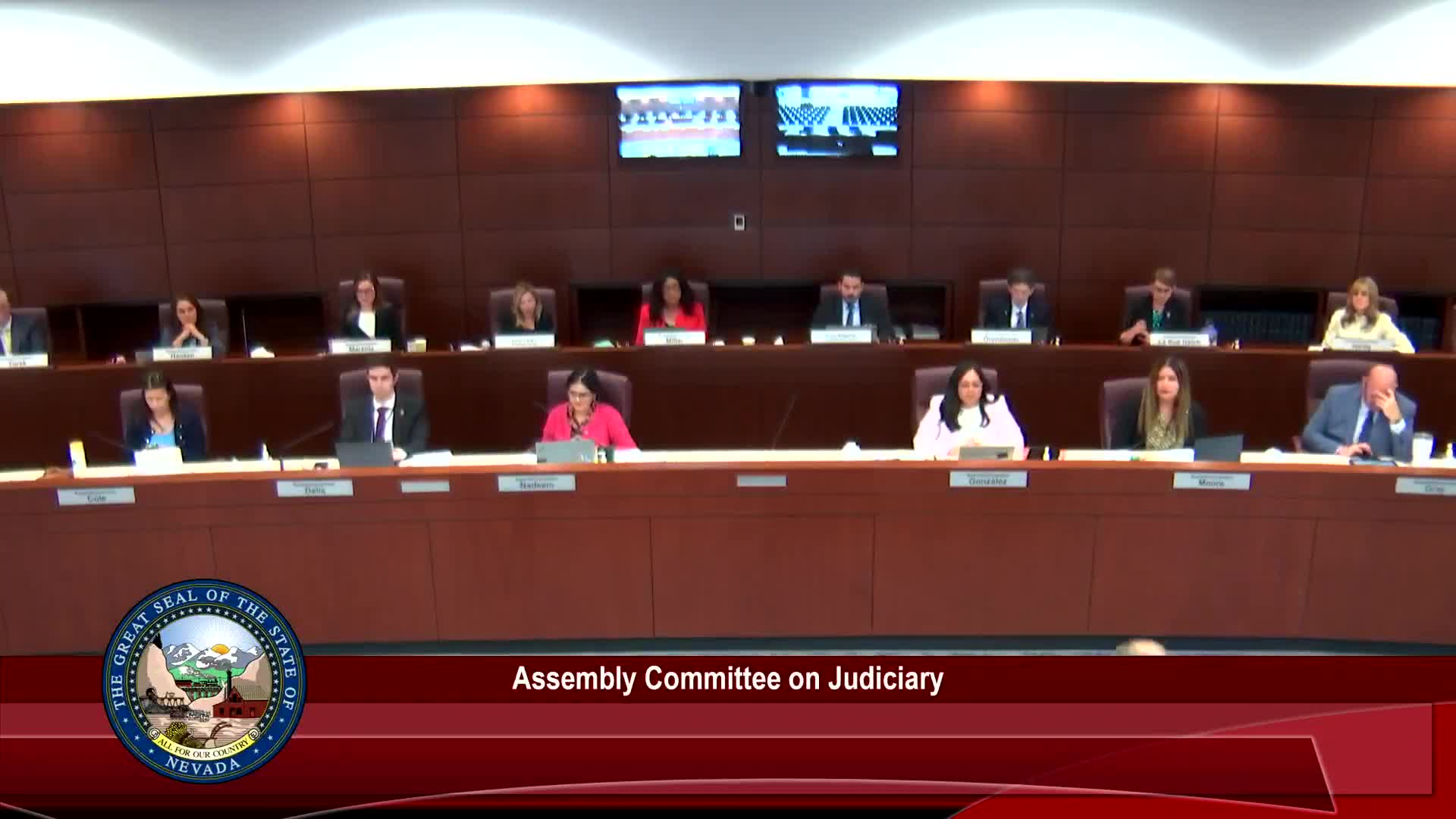
Resorts association pushes reestablishment of "order‑out" resort corridors; amendment would mandate corridor boundaries and tougher repeat‑offender orders
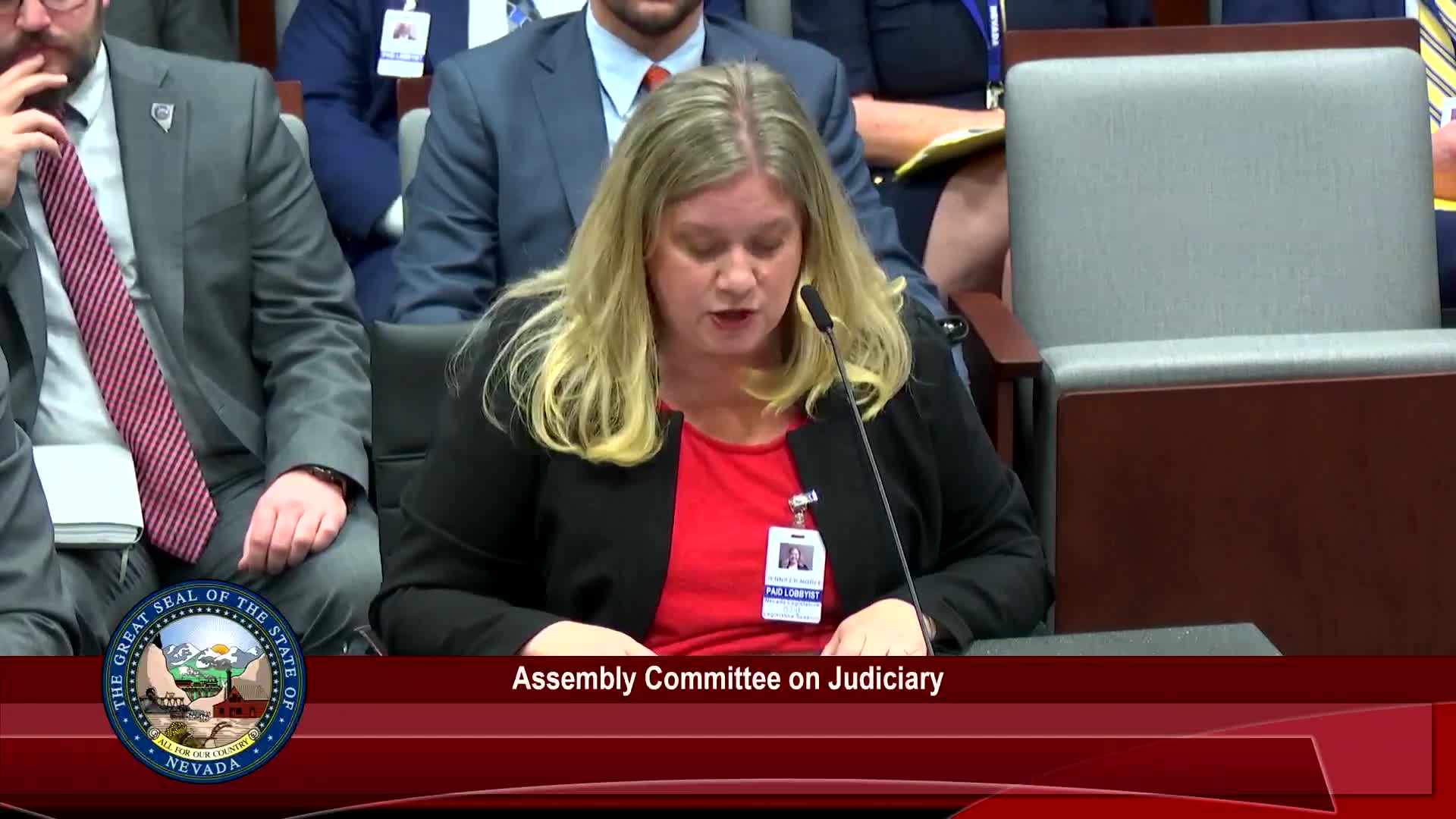
SB457 would let prosecutors charge per child in image possession and allow limited recordings of investigative calls in child‑abuse probes
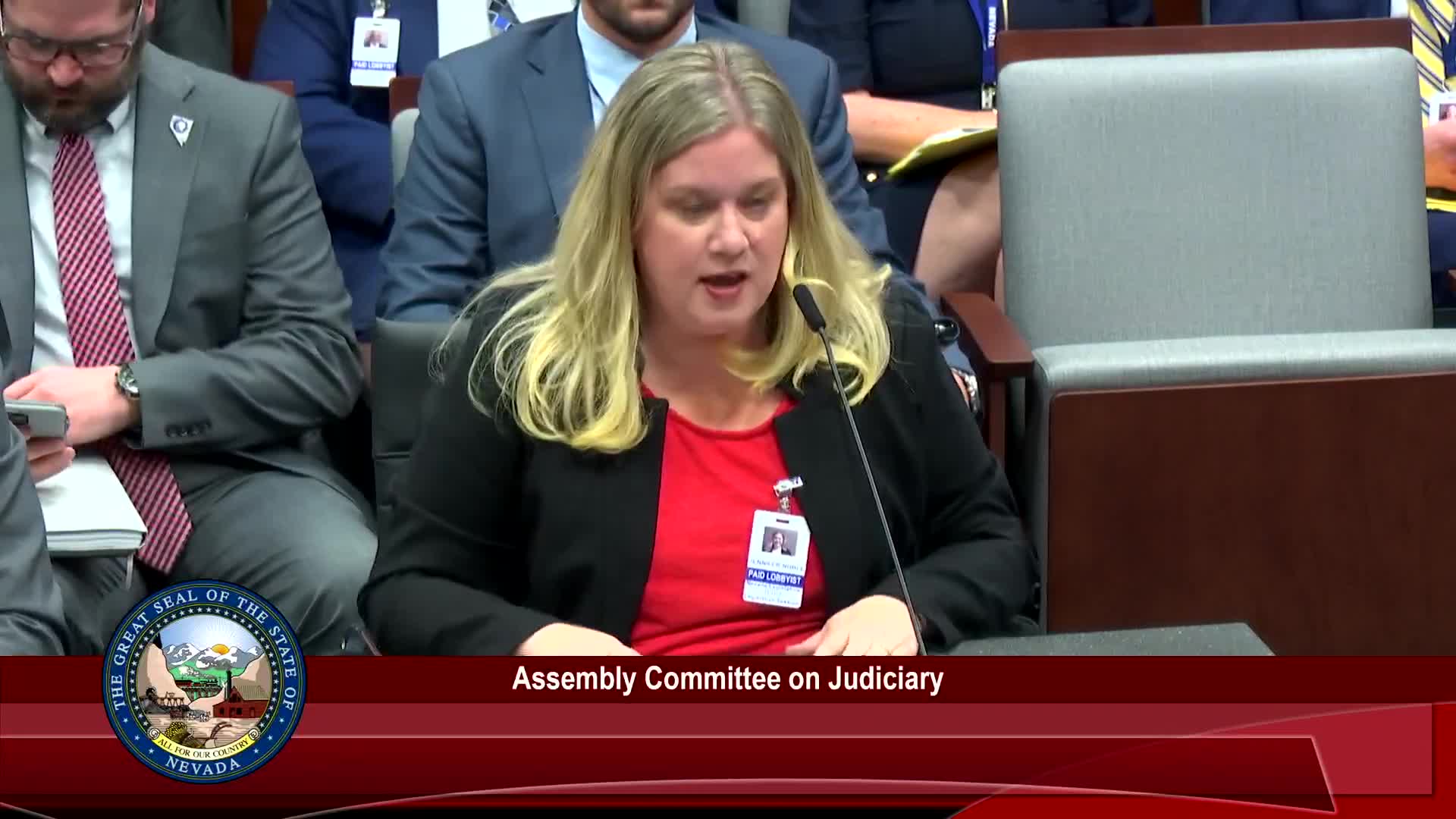
Senate Bill 457 would broaden stalking law to explicitly include social‑media messaging, opponents warn of vagueness
